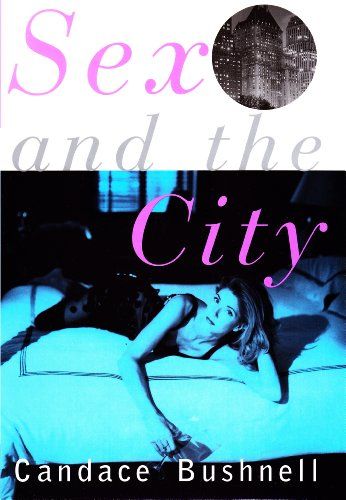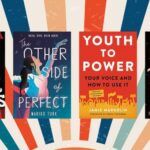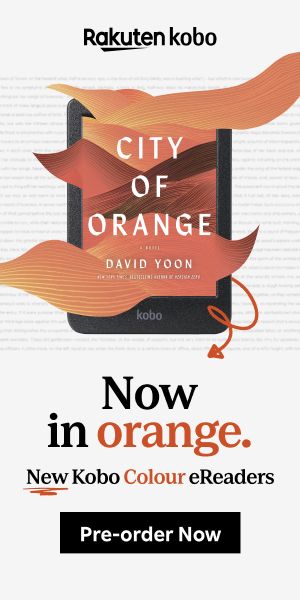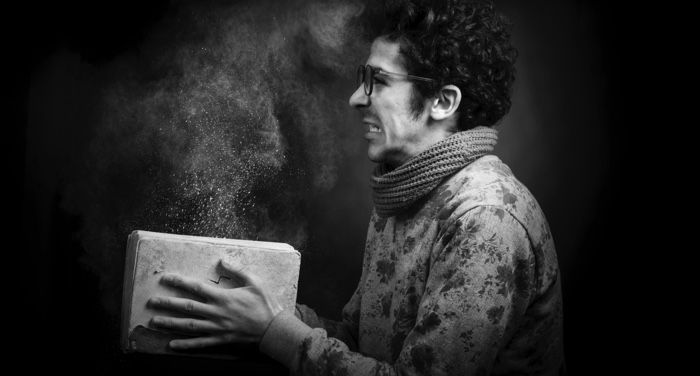
No More Writers as Protagonists
There’s an old credo told to many writers: Write what you know. I have many issues with this, however. First off, we would have virtually no fantasy or science fiction books if writers only wrote what they knew. More importantly, the lives of most writers are fairly mundane. The entire profession consists of sitting alone for hours in front of a computer or typewriter or notepad and working through the enormous puzzle that is a story.
And yet, there seems to be an unending supply of stories that feature a writer as a protagonist. One of the biggest novels on the planet right now is Yellowface by R.F. Kuang, which is about a writer who steals her dead friend’s manuscript and passes it off as her own. I adore the book, and it’s arguably one of the best to feature a writer as a protagonist, but it’s the latest in an unending chain of writer-protagonist novels.
The Lives of Most Writers
The vast majority of writers are not Stephen King or R.F. Kuang. They don’t get seven-figure publishing deals, international book tours, or any modicum of fame. I know. I’m a writer. Many of us here on Book Riot are writers. Several of us like myself have published novels. I’ve yet to make enough to cover one mortgage payment, but I write because I love it.
The life of a writer isn’t glamorous, but romantic comedy after romantic comedy after Stephen King story would tell you otherwise. I blame Sex and the City, even though the trope predates even that. Carrie lives in a nice Manhattan apartment with an enormous closet, all paid for by the regular column that she writes. You can’t pay for a studio apartment in Kansas City from one column no matter how popular it is.
Writers are also often antisocial creatures. The profession lends itself to the introvert. Grab your coffee or tea, your notebook, and start putting one word in front of the next. Keep it going until you have a novel. Then edit it ceaselessly. MAYBE you talk with someone else about what you’re working on. Though we writers tend to be so much in our own heads and our imposter syndromes, we’re pretty quiet on the subject unless you really start asking.
And you want THOSE people to be the protagonist of your novel?
Done to Death
I bring up Stephen King over and over because he’s used this trope so many times. The Shining, The Tommyknockers, Salem’s Lot, Misery, Desperation, and many of his short stories have starred writers. He even inserted himself into his Dark Tower series by the end.
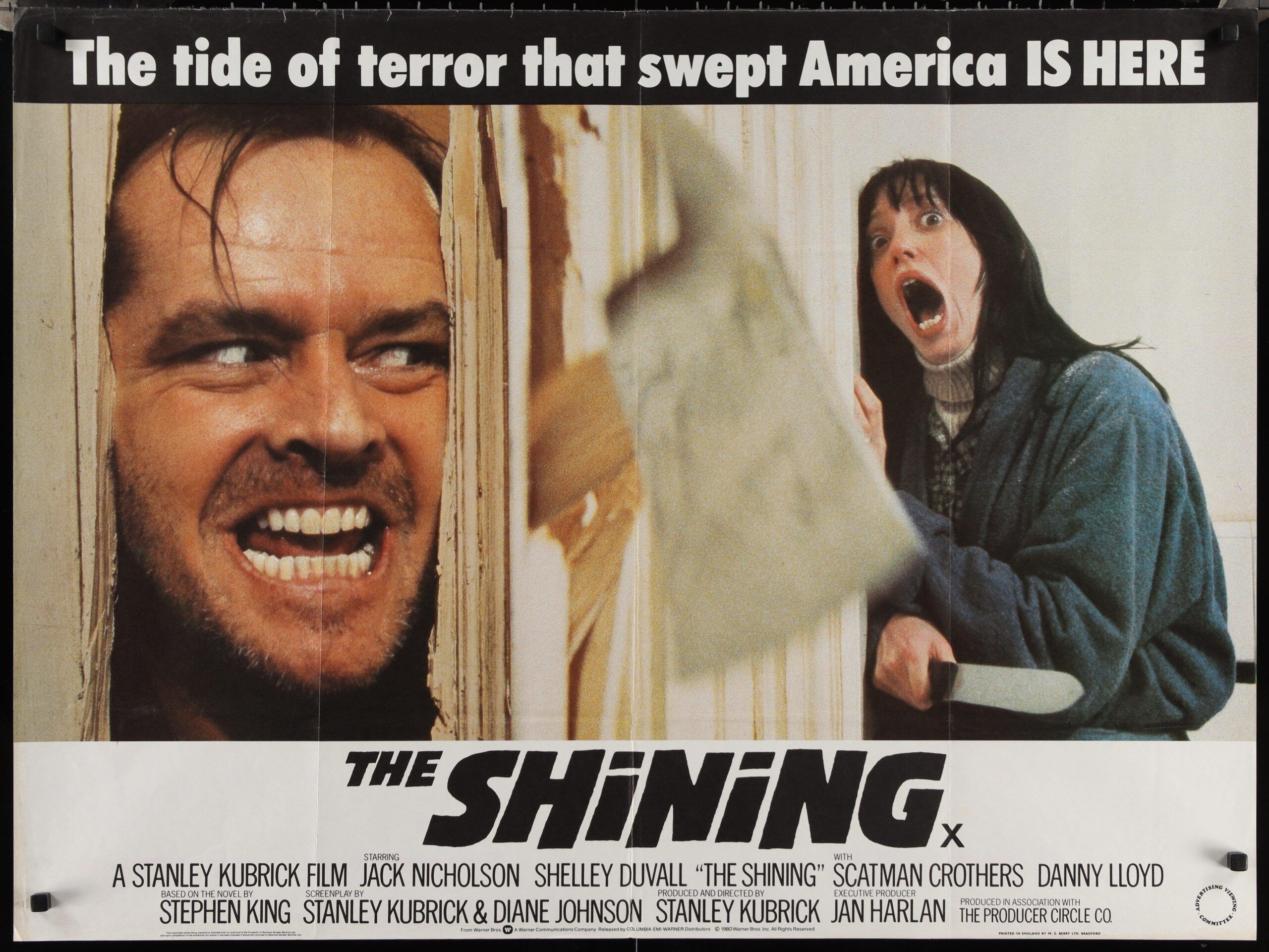
King is far from the only one. Ian McEwan has done it. Dorothy Sayers. Rainbow Rowell. Louisa May Alcott. Scott Westerfield. Stephen Bly. Kage Baker. Robert Heinlein. The list goes on and on and on. Walk into any undergraduate or even graduate-level writing workshop, and you’ll likely find at least one story starring a writer. And a barista, but that’s a different issue.
Why This Keeps Happening
In many ways, the writer as the protagonist is an easy out. Falling back on writing what you know can be easy, and a bestselling author (even if you don’t live the bestselling author life) has the freedom to live anywhere, work anywhere, and use writer’s block as an excuse to visit some remote location.
When writing a story, however, the easy choice is often the least compelling to read. For instance, a character who is always nice and predictable is VERY easy to write. That character is also boring to read. Painting a character into a dire corner is a challenge to write. Getting them out of that deep, dark corner is even harder to write. And those moments are the most compelling for readers, too.
In fact, there’s an old writing exercise that challenges young writers to create a Thanksgiving dinner scene. Why? It forces several characters that don’t get along all of the time to sit down for a prolonged period and just talk. No escape. The longer this conversation goes on, the harder it is to write. And the more intriguing it becomes when all of the skeletons come out of the closet.
So, what’s the solution here? Let’s look closer at R.F. Kuang’s Yellowface. This novel isn’t just about a writer, but about racism and the publishing industry, and the power of social media on the anxiety-riddled mind. In fact, the only character that COULD be the protagonist of Yellowface is a writer. And that’s the key. Too many stories fall back on the writer as the protagonist because it’s easy, not because it’s the right or best or only option.
That’s why I say, “no more writers as protagonists,” unless a writer is the only or absolute best protagonist for your story. But that’s rarely the case.




